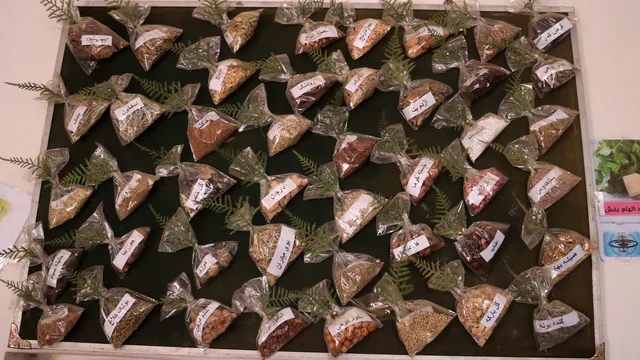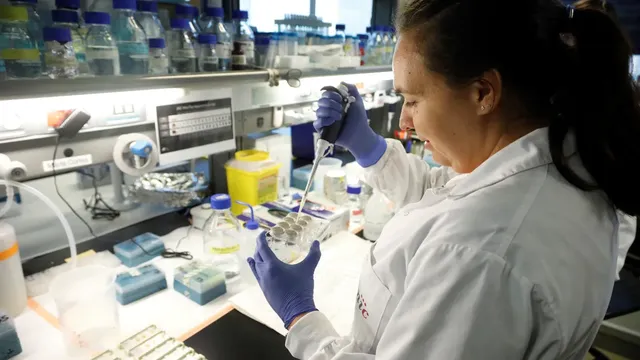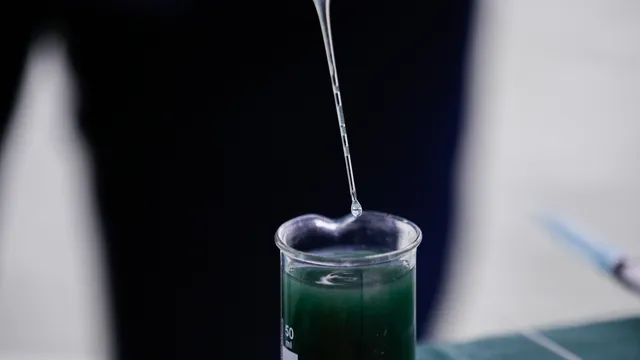Herbs and spices have long been considered a natural and safe way to season your food, aid digestion, and boost immunity. Although these age-old superfoods are still used as staple ingredients in the kitchen and are valued for their potential to improve health and protect against chronic diseases such as arthritis, Alzheimer's, and heart disease, caution should be exercised when combining them with certain medications, according to The Times of India.
In particular, excessive use of these five popular spices should be avoided when taking certain medications. People taking anticoagulants, blood pressure medications, and heart rhythm medications should be especially cautious.
Cinnamon
A pinch of cinnamon can add flavor to your curry or tea, but think twice before increasing your consumption or taking cinnamon supplements without a doctor's recommendation, as a new study has found that it may interact with your medications and reduce their effectiveness.
A recent study published in the journal Food Chemistry: Molecular Sciences raised new concerns about how concentrated forms of cinnamon, such as supplements or essential oils, may affect the body's ability to process certain prescription medications.
Ginger
Any spice added in limited amounts to food is unlikely to cause harm. Caution should be exercised with excessive use. Ginger in recommended amounts is known to relieve nausea, reduce inflammation, improve digestion, and control cholesterol and blood pressure. However, excessive use of this beneficial spice can harm your health, especially if you are taking anticoagulants.
People who take anticoagulants such as warfarin, aspirin, and others should consult their doctor about consuming ginger. Although a cup of ginger tea or using it in recipes may not be harmful, excessive consumption can be risky.
In addition, large amounts of ginger may affect insulin and lower blood sugar.
Licorice
Licorice root, which should not be confused with licorice-flavored candy, can interact with a wide range of medications and pose a serious health risk if not consumed with caution. It has been shown to raise blood pressure and interact with heart and blood pressure medications.
The herb may also affect how the liver processes various medications, including common pain relievers and anti-inflammatory drugs such as celecoxib (Celebrex), diclofenac (Voltaren), and ibuprofen (Advil, Motrin), as well as medications such as glipizide for diabetes and fluvastatin for cholesterol.
Women taking oral contraceptives have reported increased blood pressure and decreased potassium levels when combining them with black cohosh. It may also enhance the effects of some antidepressants and corticosteroids, leading to increased side effects. In people who use stimulant laxatives, black cohosh may increase potassium loss, which can be harmful.
In addition, it may affect blood sugar levels in people taking insulin or diabetes medications and reduce the effectiveness of anticoagulants, increasing the risk of blood clots.
St. John's wort
Often taken as a natural remedy for mild to moderate depression, St. John's wort can significantly affect many medications, according to a study. It can reduce the effectiveness of antidepressants, leading to a potential worsening of mood symptoms. It may also lower the effectiveness of birth control pills, increase the risk of unplanned pregnancy, and affect the action of anticoagulants, immunosuppressants, and certain heart medications. This herb speeds up the breakdown of drugs in the liver, which can reduce their concentration in the body and make them less effective.
Turmeric
Turmeric in curry is fine, but think twice before taking supplements. Too much can interact with your medications. This is due to the spice's active ingredient, called curcumin, which may pose a risk when combined with certain medications.
One of the main concerns is its potential to increase the risk of bleeding when taken with anticoagulants such as warfarin, aspirin, or clopidogrel, according to a study. Although turmeric is generally safe to add to food, concentrated supplements may enhance these effects, making it important for people taking anticoagulants or undergoing surgery to consult a doctor before use. |BGNES

 Breaking news
Breaking news
 Europe
Europe
 Bulgaria
Bulgaria







